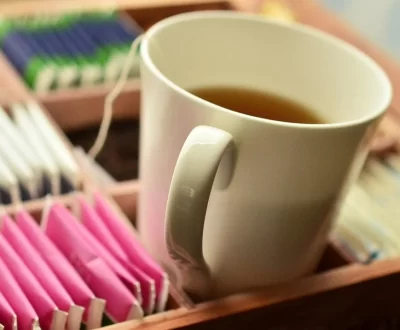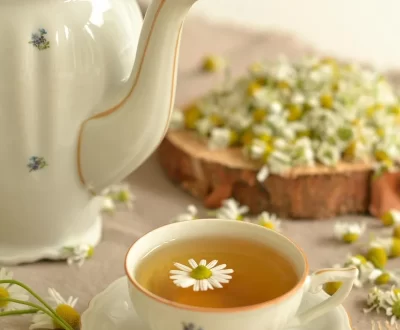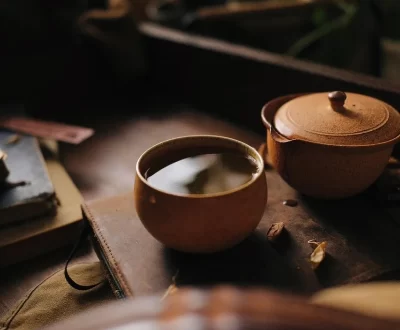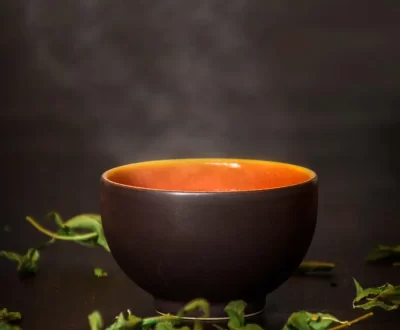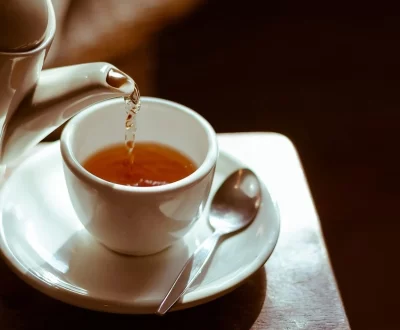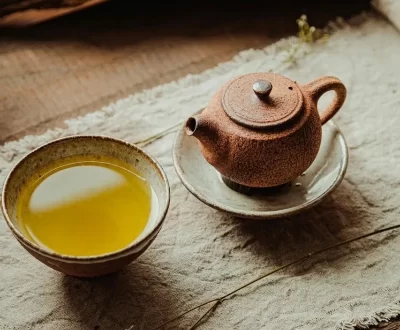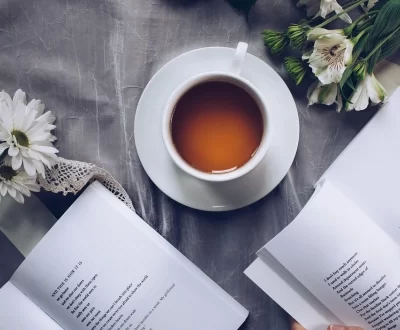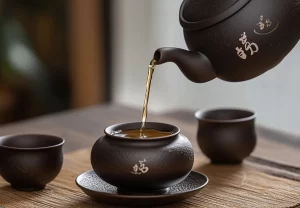 Ever find yourself in the aisle, staring at that organic box versus the regular one, wondering if the fancy label is actually worth the extra few bucks? Yeah, me too. I’ve stood there, turning boxes over, squinting at ingredients, trying to figure out if “organic” is just another marketing buzzword or something that truly matters. And while doing that, I often ask myself — is tea good or bad for health? The answer isn’t as simple as it looks, but it’s definitely worth exploring.
Ever find yourself in the aisle, staring at that organic box versus the regular one, wondering if the fancy label is actually worth the extra few bucks? Yeah, me too. I’ve stood there, turning boxes over, squinting at ingredients, trying to figure out if “organic” is just another marketing buzzword or something that truly matters. And while doing that, I often ask myself — is tea good or bad for health? The answer isn’t as simple as it looks, but it’s definitely worth exploring.
Here’s what I’ve learned—it’s not just about tea. It’s about dirt, bugs, rain, and the people who grow those leaves. It’s about what kind of world we’re sipping into existence, one mug at a time.
So, organic first. Picture a small tea garden, not a sprawling monoculture field. Think soil rich with compost, buzzing with life. Farmers work with nature, not against it. They use natural fertilizers, introduce helpful insects to prey on pests, and plant diverse crops to keep the ecosystem resilient. It’s slower. Messier. More expensive. But the result isn’t just tea—it’s a living landscape that reminds us that when we ask is tea good or bad for health, we’re really asking about how it’s grown, who grows it, and what it gives back to the earth.
And lots of people say you can taste it. The flavor tends to be clearer, more distinctive, less masked by processing or chemical afternotes. Some studies even suggest that stress—like fighting off bugs without pesticides—makes plants produce more antioxidants. So that organic cup might not just be cleaner; it might be healthier, too.
Then there’s conventional tea. It’s grown for volume and consistency. Synthetic fertilizers boost growth; pesticides protect yields. This isn’t some evil scheme—it’s how we feed a thirsty world affordably. There are strict rules about chemical residues, and plenty of testing to keep things safe. For many, a dependable, inexpensive box of tea is a small daily pleasure. And that matters.
So what’s the right choice?
Honestly, it depends on what you care about most.
If you want to support farming that’s gentler on the earth, that protects water and soil and wildlife—then yes, organic is worth it. You’re voting with your wallet for a different kind of agriculture. Just be sure to look for real certifications—like India Organic, USDA, or EU Organic logos—not just pretty packaging.
But if what you need is a good, honest cup of tea that fits your budget, there’s no shame in sticking with conventional. It’s safe, it’s steady, and it’s been a comfort to millions for generations.
There’s no perfect answer here—just what’s right for you, right now. The beautiful thing is that you’re pausing to think about it. That awareness alone? That’s where change begins.
So go on, choose your brew. Whatever you pick, may it be warm, comforting, and exactly what you needed today. For details click here tea habit.
For more relatred blogs click here.
More from our blog
See all postsRecent Posts
- Is tea good or bad for health? Let's Talk Tea. September 3, 2025
- Beyond the Chai Wallah: Uncovering India's Secret Tea Gardens September 3, 2025
- That Cup in Your Hand? It Has a Wild Story to Tell September 3, 2025

